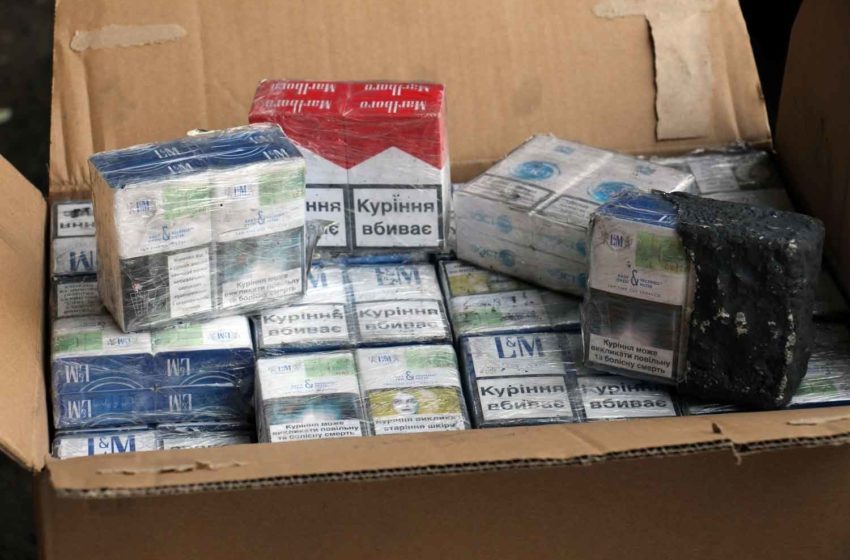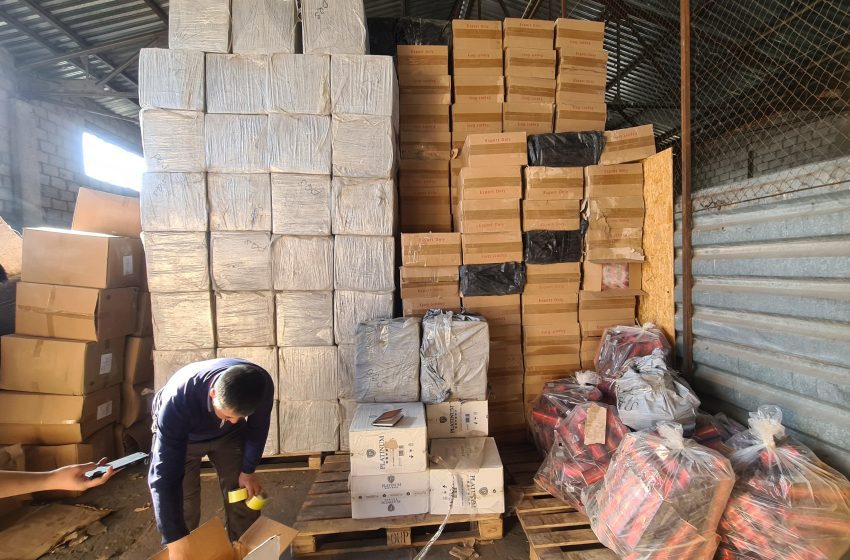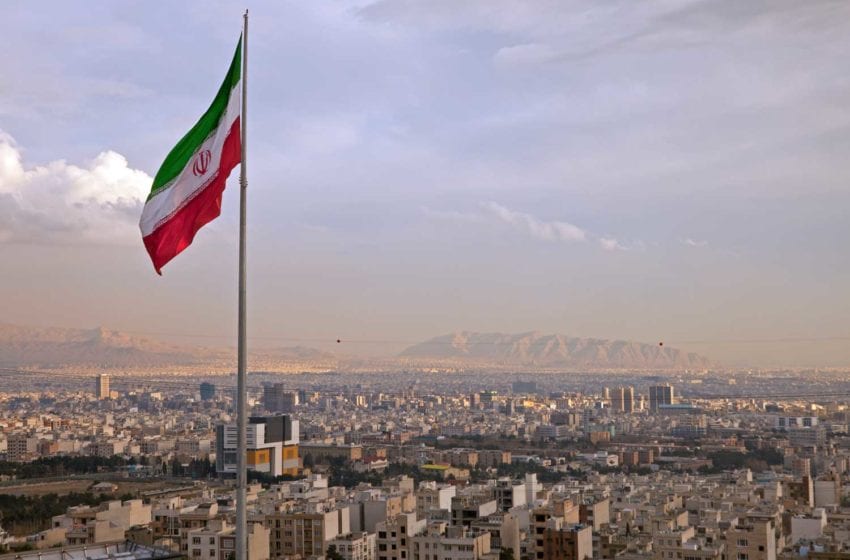Moscow lost the equivalent of nearly half a billion dollars due to tax-evading cigarettes.Read More
Philip Morris insists it is in full compliance with fiscal obligations for all its brands. Read More
Untaxed products already account for more than 40 percent of the market. Read More
Most cigarettes in Vietnam are smuggled, according to a prominent business group.Read More
Authorities say they are determined to create a better trading environment. Read More
At 55.3 percent, the prevalence of illicit cigarettes remains extremely high, however. Read More
The illicit cigarette trade remains a big problem in Central Asia. Read More
Customs officials and industry representatives vow to tackle the illegal tobacco market. Read More
The company says it is unable to compete against tax-avoiding products smuggled into Kenya. Read More
Suffering from international sanctions, the country is keen to stem foreign currency losses. Read More
Recent Posts
- Brazil Volume Down, Earnings Up
- Vaping Tied to Reduced Smoking Prevalence
- FDA Almost Done Reviewing Mass Market Products: Report
- Russia: Share of Smokers Halved
- Azerbaijan Hikes Tobacco Taxes
- BAT Reports Results
- Kutsaga Releases Climate Resilient Seeds
- Tracking Legislation Advances in Philippines
- BAT Pays Fine in Nigeria
- Regulator Proposes Retail Licensing
- KT&G Volunteers Help With Harvest
- IQOS’ U.S. Launch Postponed
- Zimbabwean Cigarette Exports up by Half
- Smoke-free Product Sales Boost PMI Income
- Air Global Launches R&D Facility in Dubai










